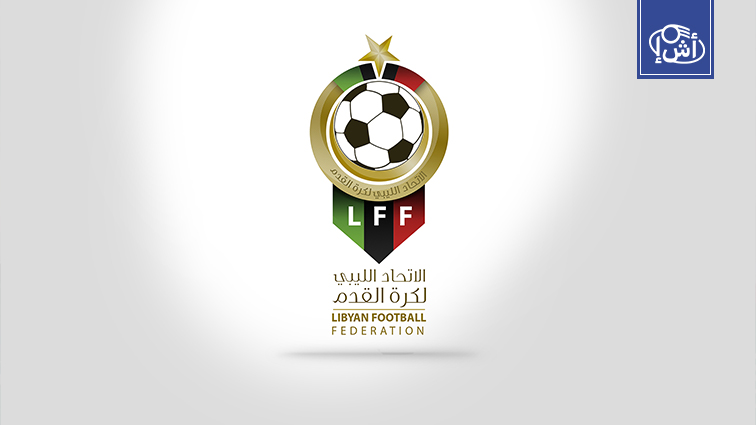The President of the Libyan Football Federation (LFF), Nasser Al-Suwai’i, has fiercely criticized the recent ruling by the Confederation of African Football (CAF), which handed Libya a $50,000 fine and a three-point and three-goal forfeiture in favor of Nigeria. This controversial decision, stemming from a Group D qualifying match scheduled for October 15 in Benina, has intensified tensions between the two nations and highlighted potential fractures within African football governance.
On Monday, a report by Libyan Observer revealed Al-Suwai’i’s dissatisfaction, describing CAF’s ruling as “unjust and malicious.” Al-Suwai’i further suggested that the Nigeria Football Federation’s (NFF) influence within CAF played a significant role in the verdict, accusing the continental body of favoring Nigeria over Libya. The decision has not only impacted Libya’s standing in the qualifiers but also raised questions about the impartiality and fairness of CAF’s disciplinary processes.
The situation escalated when CAF found the LFF guilty of violating Article 31 of the 2019 African Cup of Nations (AFCON) regulations and Articles 82 and 151 of CAF’s Disciplinary Code. This judgment was based on allegations that Libya diverted Nigeria’s Benghazi-bound flight to Al-Abraq International Airport, where Nigerian players and officials reportedly faced a grueling 18-hour detention by Libyan authorities without access to food and water. Such actions, CAF asserted, disrupted Nigeria’s travel plans and violated fundamental hospitality protocols expected of host nations.
According to CAF’s ruling, Libya now has a 60-day window to settle the imposed fine. However, Al-Suwai’i has declared the penalties “unacceptable,” indicating that the LFF plans to launch an official appeal against the sanctions within hours. He has also hinted at escalating the matter to the Court of Arbitration for Sport (CAS) if their appeal is denied, vowing to “secure Libya’s legitimate rights.”
Interestingly, the Libyan News Agency reported that CAF recently lifted its ban on Libya’s national team playing home matches outside Libyan territory—a decision that had previously required the team to play on foreign soil. This relief reportedly followed interventions from Abdel Hadi Al-Huwaij, Libya’s Minister of Foreign Affairs and International Cooperation, underscoring the broader political implications of the incident. While CAF’s latest decision marks a small victory for Libya, it does little to quell the anger over the $50,000 fine and the point forfeiture in Nigeria’s favor.
The CAF decision has put Nigeria in a strong position to secure a place in the 2025 AFCON finals in Morocco. With 10 points, Nigeria leads Group D, followed by Benin Republic, trailing three points behind, while Libya lags with a single point, effectively out of contention for the top two spots. As two rounds of matches remain, Nigeria’s qualification seems almost guaranteed, leaving Libya grappling with the fallout of the CAF ruling.
The unfolding situation raises questions about the handling of sports-related conflicts in African football and the broader implications for fair play and integrity within CAF. If Al-Suwai’i follows through with the appeal to CAS, the outcome could set a significant precedent, influencing how CAF enforces its regulations and addresses accusations of bias. The LFF’s staunch defense reflects a determination to challenge the established power dynamics within African football, even if it means facing CAF on a global legal stage.
As this saga unfolds, Al-Suwai’i’s battle could prove pivotal for Libya’s footballing future and its standing within African sports governance. While CAF’s ruling has currently tilted the scales in Nigeria’s favor, the resolution through CAS may yet change the narrative in Libya’s favor.




